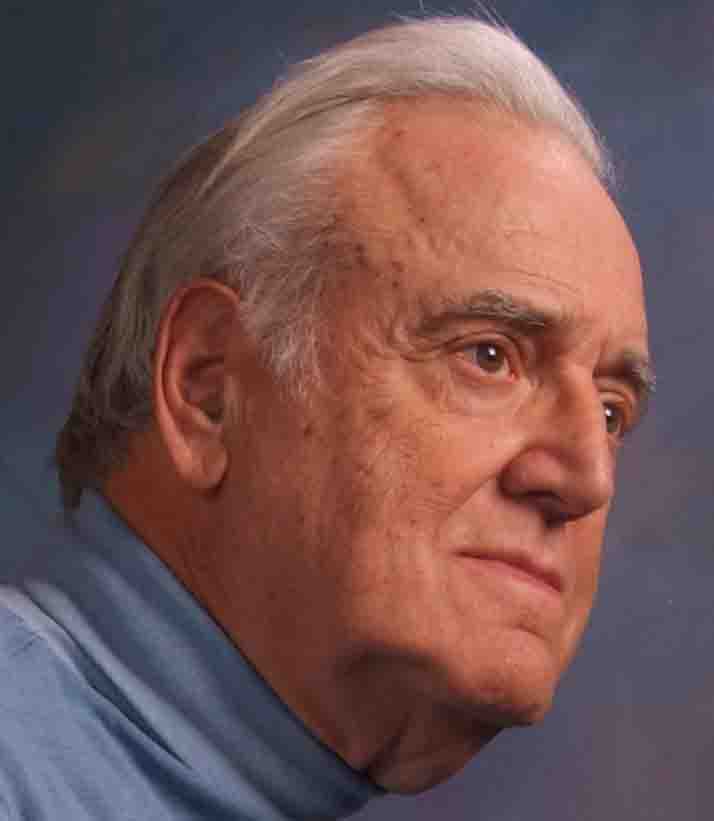Fundamental to the moral life is a disposition to think and act morally. This disposition issues from what David Hume and Adam Smith called ?the moral sentiments? of empathy and benevolence. By empathy is meant the ability to recognize in others, the felt experience of pleasures and pains of which one is familiar in one?s own life. By benevolence is meant a personal desire for the well-being of others, and a motivation to mitigate the misfortune of others.
Empathy and benevolence give rise to an acknowledgment that others have rights and duties equal to one?s own, and thus are entitled to equal respect. This acknowledgment provides the basis of ?the Golden Rule? ? a moral precept found in all the great world religions. When we see ourselves as equals in a community of equals, with basic rights no greater or less than those of the others, we are able to assume the perspective of a benevolent but unbiased observer of that community ? what philosophers call ?the moral point of view.? From this perspective, moral quandaries may be readily resolved ? the same quandaries that are insoluble from the egocentric point of view preferred by regressives and celebrated by Ayn Rand and her disciples. (For an extended argument in support of these dogmatic assertions, see Chapters 5 and 6 of ?Conscience of a Progressive").
I hasten to add that moral intelligence is not confined to moral philosophers. One need not ?know what and why? in order to ?know how.? Profound moral wisdom and exceptional virtue can be found within individuals who have never heard of, much less read, Aristotle, Kant or Mill. Just as someone can acquire a correct ?grammatical sense? by using one?s native language without being able to cite a single grammatical rule, one can have a finely-tuned ?moral sense? without being able to produce the kind of elaborately structured argument that delights philosophy teachers. This ?naive wisdom,? as I call it, is acquired by individuals who are endowed with the requisite moral sentiments of empathy, benevolence and respect, who adopt a moral point of view, and who encounter, in a varied and abundant life, a myriad of moral puzzles and conflicts. As they face and deal with these issues, their moral intelligence increases in scope, coherence, subtlety and sophistication. They improve their ?cognitive adequacy,? to borrow a term from the late moral psychologist, Lawrence Kohlberg. And as they do so, they learn that morality is systemic and that the virtues are inter-related ? impoverished in isolation and when separated from the context of practical application. In other words, morality and virtue are ?relative.?
To sum up: The Good Lord has not given us clear, simple, unambiguous and absolute rules to live by. Instead, we are called upon to develop both the moral stamina to choose good over evil, and the moral intelligence to choose wisely when confronted with competing goods, or with competing unavoidable evils. This is an enterprise that requires virtues that are more ennobling than simple, blind obedience -- virtues such as courage, wisdom, and benevolence. Following the teaching and example of Jesus of Nazareth, and in our time, of Mohandas Gandhi and Martin Luther King, this concept of morality supplants the ancient legalisms of the Old Testament with an ethic of love, available and appealing to men and women of good will everywhere, of whatever religious tradition or of no religious tradition.
A longer version of this essay, with references, may be found in Chapter 18 of my book in progress, ?Conscience of a Progressive").
Copyright 2005 by Ernest Partridge
(Note: You can view every article as one long page if you sign up as an Advocate Member, or higher).





